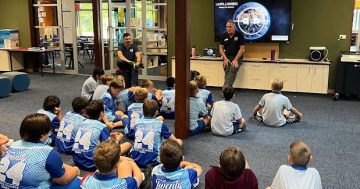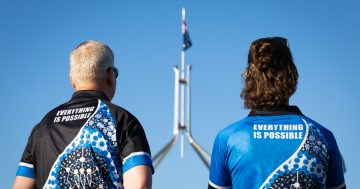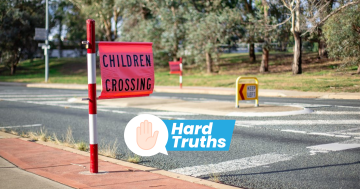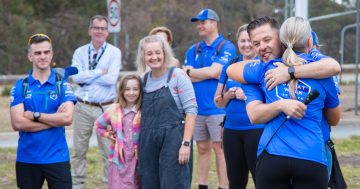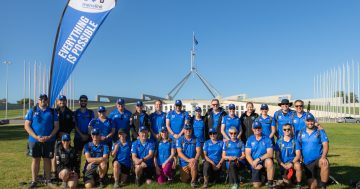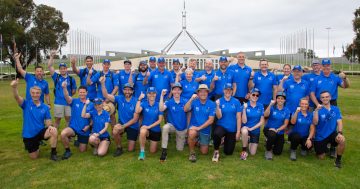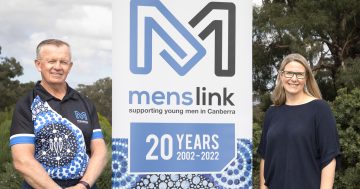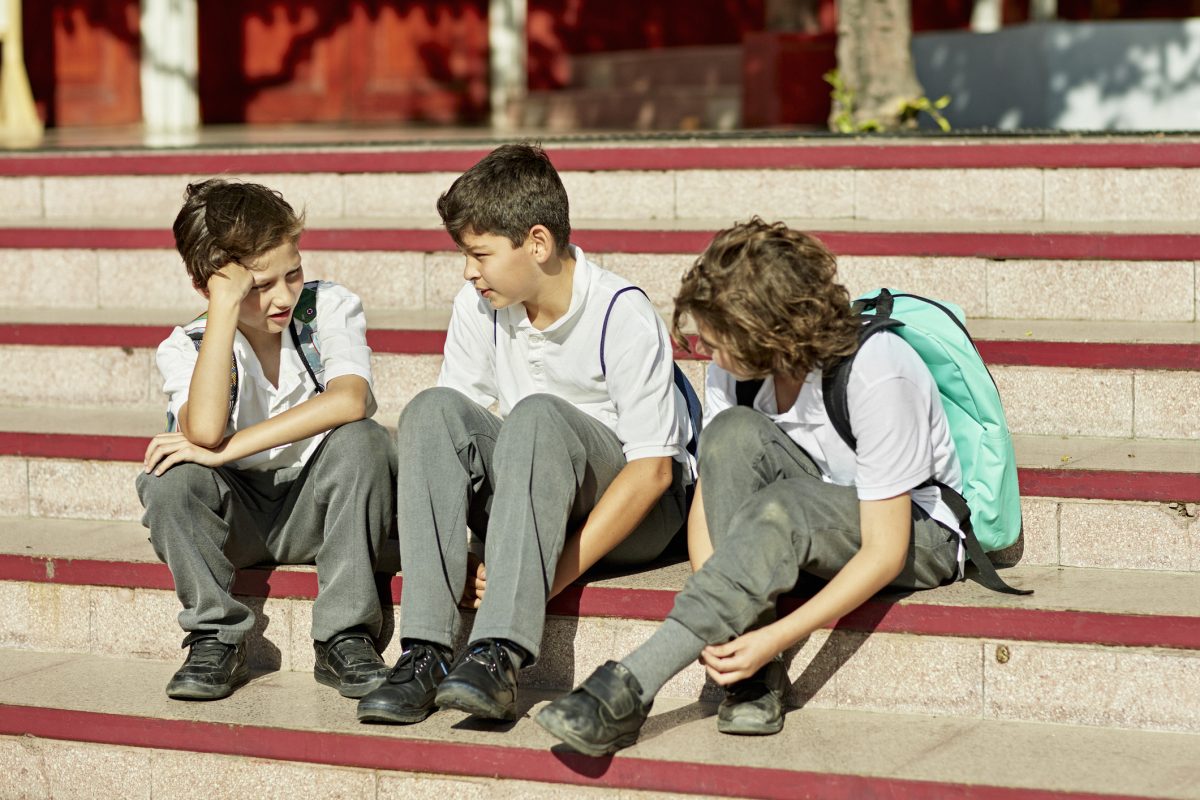
Menslink’s TRIBE program taps into the power of peer influence to foster a “check-in culture” for boys as they start their crucial transition to men. Photo: Xavierarnau.
A newly refreshed leadership program designed to lead school-aged boys to a path of resilience, responsibility and purpose is proving influence trumps authority.
Menslink has reshaped its TRIBE program (formerly PRIDE) to harness the clout of “boys of influence” within schools to foster a “check-in culture” where boys hold themselves to account.
Led by Education Program Manager Mark Wadie, the program has moved away from theoretical modules to focus on experiential leadership.
“It’s about the power of a positive peer influence as opposed to trying to ‘fix’ behaviours,” he says.
“What we’ve found is that ‘boys of influence’, when trusted to inspire, challenge and support their peers, can be invaluable second-tier leaders in schools and have the sway to bring their peers into a sort of tribe that agrees to have each other’s backs through support and accountability.
“Invitation into the ‘tribe’ is a privilege that comes with responsibility, and we find that when a boy wants to be there, as opposed to schools sending us boys they didn’t know what to do with, that direct buy-in invariably has better results.”
TRIBE is set to run in over 60 schools this year in conjunction with their other programs that reached over 10,000 boys in 2023.
One of Menslink’s many free education programs designed to turn the tide on troubling patterns in mental ill health, suicide and destructive behaviour among young men, TRIBE focuses on schoolboys from Years 6 to 12.
Menslink is conducting pre- and post-longitudinal evaluations to assess how effectively the program meets its objectives, but Mark says so far, the qualitative results are astounding.
“We know that children and young people are more likely to emulate behaviour rather than follow instructions. Using influence over instruction, we’ve seen these boys really take their learnings on board,” Mark says.
“We’ve heard of ‘tough guys’ who’ve been suspended numerous times becoming respectful, caring individuals who look out for their mates. At Kaleen High School, I have seen boys proactively running ‘check-in’ circles. At Kingsford Smith, the youth worker there has seen the same thing.
“At Caroline Chisholm, the older boys in Year 10 are mentoring regular gym workouts with teams of Year 7 boys. They’re seeing the positive results of their influence on these younger boys and realising really simple stuff can have an enormous impact on a person’s trajectory. It’s saying hello, making them feel valued, remembering their names and recognising that these younger boys are looking to them as role models.”
Mark, who has 20 years of expertise in developing and facilitating national gender violence prevention, mental health and leadership programs and authored How a Boy Becomes a Man – Planning a Rite of Passage to Manhood, says the program helps at a crucial developmental stage in boys’ lives, as they transition to men.
“We need to help our boys transition away from thinking the world owes them something or that the way their lives are turning out is down to society or their parents and step into responsibility for themselves. That their lives are a result of their decisions and not their conditions,” he says.
“In that crucial transition period, we want to help them figure out their strengths and talents, what they stand for and what kind of men they want to be.
“We want them to realise they have a say in all of that.”
The eight-week program covers various topics with a “mission” set at each session. Early on, participants buddy up, make agreements with themselves and each other and learn to build trust.
“They learn the power of accountability, about what it means to keep their word, and they check in regularly to keep each other on track with their missions and goals,” Mark says.
“We talk about the masks we all wear and quickly realise though we all feel lonely, sad and depressed sometimes, we’re not alone.”
Topics then include the power of mentoring, recognition, gratitude, ownership of one’s behaviour, responsibility, saying sorry and, eventually, finding a deeper connection to one’s core values.
“They interrogate societal pressures around how men are ‘meant’ to act, challenge the phrase ‘be a man’ and find freedom in discovering multiple definitions of masculinity. As they deconstruct that cage around them, they start to think, ‘Maybe I don’t have the perfect body, maybe it’s ok to show emotions and to be kind’.
“Developing empathy, the boys challenge the phrase ‘like a girl’ and realise how this can play into misogyny and bad behaviour. Discussing racism, homophobia and all forms of prejudice, the boys draw their own line in the sand as to what they stand for and decide how they want to treat others as a tribe.
“The boys learn what it feels like to be praised and valued. They discover that they all have unique gifts and talents and are invited to acknowledge those qualities in others as opposed to bullying, sledging and tearing each other down.
“By the end, they have a good idea of who they are, what they stand for and what they can offer the world. And while these boys aren’t necessarily friends when they start, by the end, they’re very close. They’re a tribe.”
For more information, visit Menslink.












